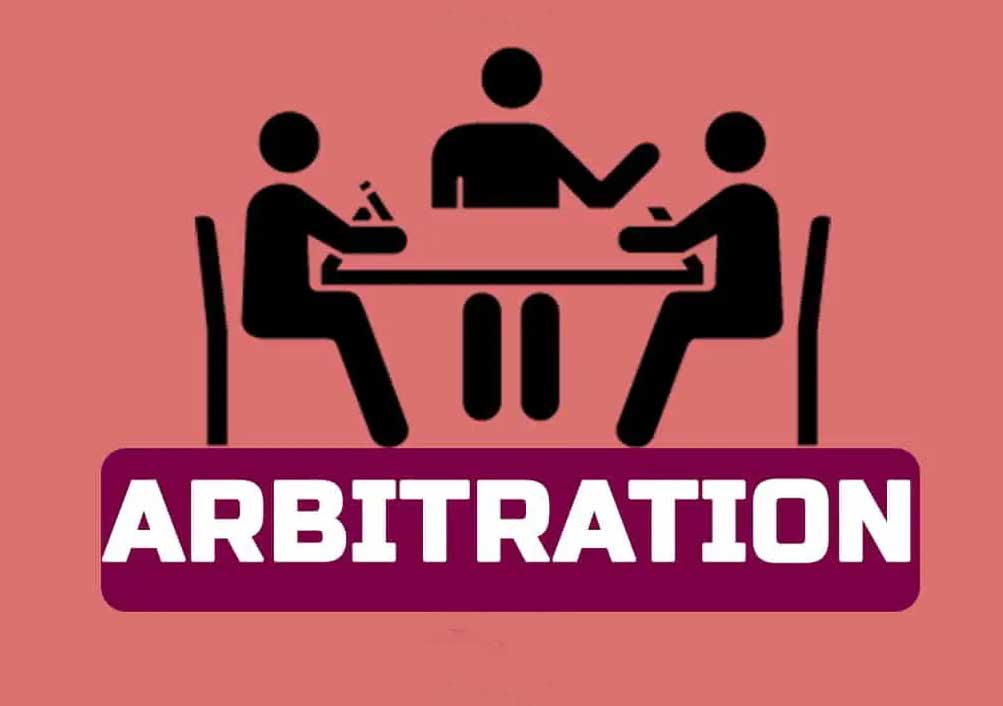Tribunal under Bihar Public Works Contracts Disputes Arbitration Tribunal Act, has power to condone delay in making reference, says Top Court

Read Judgment: Bihar Industrial Area Development Authority & Ors. V. Rama Kant Singh
Pankaj Bajpai
New Delhi, March 17, 2022: While hearing a case regarding the maintainability of reference and the extension of limitation period by the Arbitral Tribunal, the Supreme Court has opined that the Arbitration Tribunal has the power to condone the delay in making a reference and therefore, it has held that under Article 136 of the Constitution of India, the present case was not a fit one to interfere with the award on the ground that the reference was barred by limitation.
A Division Bench of Justice Abhay S. Oka and Justice Ajay Rastogi observed that the High Court rightly found that the scope for interference with the award of the Arbitration Tribunal in revisional jurisdiction was very narrow and in the absence of any perversity, the High Court could not have given a different interpretation to the clauses in the agreement from the one provided by the Arbitration Tribunal.
Going by the background of the case, the executive engineer of the Bihar Industrial Area Development Authority (first appellant), invited a tender to carry out the drainage work in an industrial area. Rama Kant Singh (respondent) offered a bid which was accepted and accordingly, an agreement was executed in 2007 by and between both the parties. Later, after issuing a notice, the first appellant terminated the agreement and forfeited the security deposit of the respondent.
The Bihar Public Works Contract Disputes Arbitration Tribunal made an award and held that Article 137 of the Limitation Act, 1963 was applicable. Hence, it was held that the reference made to the Arbitration Tribunal raising a dispute about the termination order was not barred by limitation. The Arbitration Tribunal held that the respondent was entitled to a refund of the earnest money and the security deposit. It was held that the respondent was entitled to unpaid dues in the sum of Rs. 27,94,990/-. In addition, the Arbitration Tribunal held that the respondent is entitled to the amounts of Rs.6,22,476/- and Rs.50,000/- deducted towards the penalty by the first appellant.
The matter reached the High Court which also held that Article 137 of the 1963 Act was applicable and, therefore, the dispute raised by the respondent was not barred by the limitation.
After considering the submissions, the Top Court found that in view of Section 8 of the Bihar Public Works Contracts Disputes Arbitration Tribunal Act, 2008, if any of the provisions of the 2008 Act are in conflict with the Arbitration and Conciliation Act, 1996, the latter shall prevail to the extent of the conflict.
In the present case, as there is no arbitration clause in the agreement between the parties, the provisions of the 1996 Act will have no application, and therefore, the reference to the Arbitration Tribunal will be governed by the 2008 Act, added the Court.
Speaking for the Bench, Justice Oka noted that u/s 9(1) of the 2008 Act, the period of limitation is of one year from the date on which the dispute has arisen, which date in the present case is June 08, 2010, when the first appellant terminated the agreement.
“The High Court recorded a finding that as the representation made by the respondent against the order of termination of the contract was kept pending for an inordinately long time and was not at all decided, the delay was explained by the respondent. The High Court, by recording the said finding in paragraph 10 of the impugned Judgment, held that sufficient cause was made out by the respondent for the delay”, added the Bench.
Justice Oka further found that the Arbitration Tribunal has interpreted various clauses of the agreement between the parties and held that there was no provision therein to forfeit the earnest money as well as the security deposit.
The Apex Court therefore partly allowed the appeal and modified the award made in Reference Case only to the extent to which interest at the rate of 10% was allowed on the claims.
Sign up for our weekly newsletter to stay up to date on our product, events featured blog, special offer and all of the exciting things that take place here at Legitquest.




Add a Comment